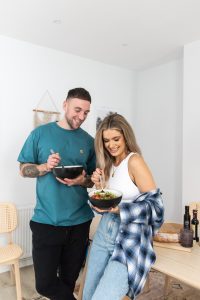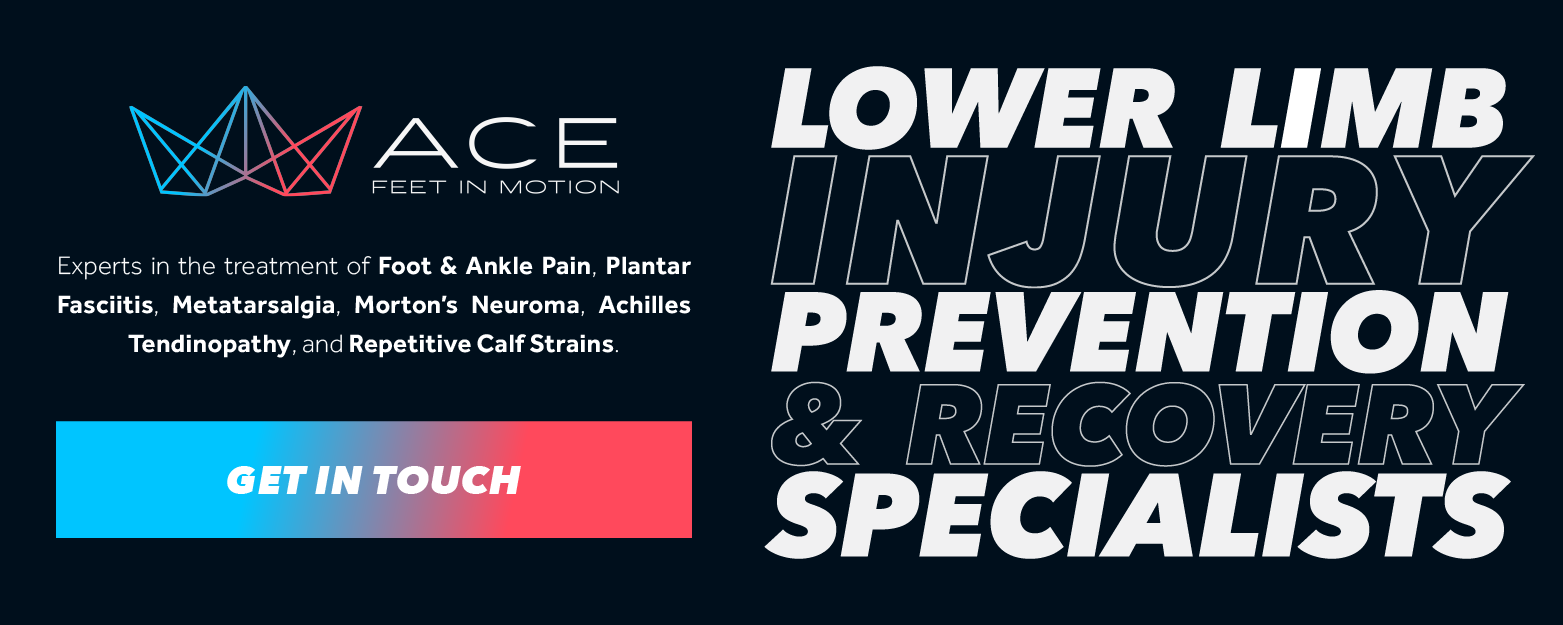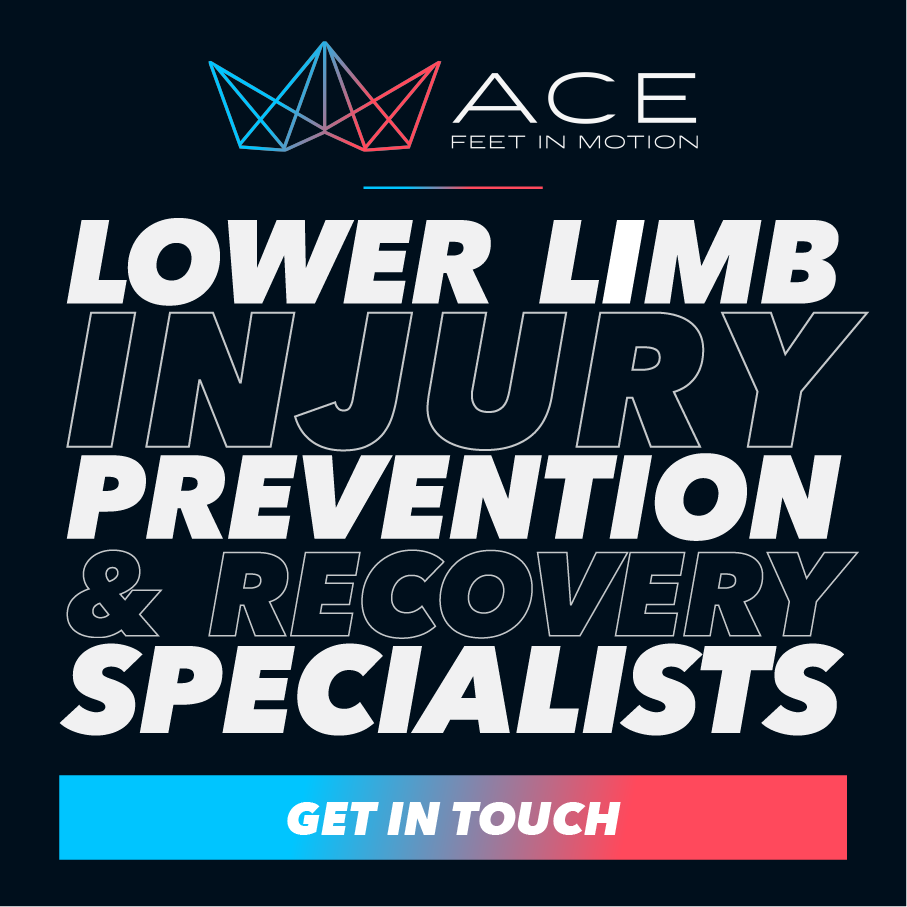What Supplements Should We Be Taking?
 By Jess Bloom, Nutritionist
By Jess Bloom, Nutritionist
Okay, the truth about supplements. As an online coach it’s wild how often I get asked about this! As somebody who spent a long time yo-yo dieting in the past, I fully remember being one of those people who thought “I want to be healthy, I better go and get some supplements” – and it would almost be the first port of call?
First of all, the word ‘supplement’ is exactly that – it is to SUPPLEMENT your existing diet. Fill a deficit in an area where you may need extra help. As much as I’d love you to read the entire article, spoiler alert, unless prescribed to you by a doctor you actually do not need any supplements (there are a few exceptions to this which I will get onto later)
So why do people take them?
And why are these industries making MILLIONS selling supplements to vulnerable people? Exactly the same way the fad diet market is still so big, most people just want a quick fix. They might think “I want to lose fat” so they take ‘fat burners’ (please don’t do this) or “I want nicer hair” I’ll take a hair supplement.
If you think about everything that’s going into your body on a daily basis, all of the meals, drinks, snacks, what makes you think a tiny pill is going to override all of that and give you something you desire?
Food first
So here are the facts! First of all, food first! You can get all of the required vitamins and minerals from your diet. This is with the exception of Vitamin D in the winter months (which should be supplemented by everyone in the UK between October-March), Folic Acid if you’re pregnant (ideally 12 weeks prior to conception and the first 12 weeks of pregnancy) and Vitamin B12 if you’re vegan (as we can only get this from animal products so being deficient in this can lead to things like anemia and generally feeling very tired and fatigued).
How can we optimise our diets to eradicate the need for any unnecessary overpriced supplements?!
One word, variety. Our bodies thrive on diversity and variety in our diets. An ideal diet will have a great balance of good sources of protein, carbohydrates and healthy fats as well as an array of lots of colourful fruit and vegetables. Let me give you some examples of the foods you could be eating to replace some of the most popular supplements on the market;
Examples of what to eat in place of common supplements:
Protein Powder. I’ll start with this as it doesn’t sit in the same bracket as the other supplements that come in pill form that I’ll mention. Protein powder is actually a great way to fill a protein deficit – but like anything, you should aim to get enough protein from your food first, but if you do need to boost it for the day then a good quality whey protein is cheap, versatile, convenient and perfectly healthy for you as it’s essentially just a milk powder (pea protein alternatives are also great). Good sources of protein to try and aim for first in your usual diet are things like eggs, Greek yoghurt, chicken, tofu, beef, cheese, salmon, prawns etc.
Hair skin and nails supplements. Essentially, this will most likely just be your omega 3’s in pill form (which you’ll know all about if you read last month’s article!) Omega 3’s are amazing for your hair skin and nails so try and include oily fish like mackerel and salmon, raw oils, like unheated good quality olive oil or flax seed oil, walnuts and chia seeds into your diet (as well as staying hydrated – water will do more than any pill can do for your skin!)
Probiotics. Probiotics are great for feeding the good bacteria in our gut, and there are amazing things you can include in your diet without forking out on overpriced supplements, think fermented foods like kombucha, kefir, kimchi, miso, sauerkraut. Probiotics are often very expensive so just focus on having a lot of colour in your diet, drinking enough water, eating enough fibre in the day with some fermented foods thrown into the mix and you will have a lovely harmonious digestive system!
Multivitamins. These are probably my least favourite and one of the most common ones! They usually include small amounts of things like vitamin c, calcium, iron, potassium, all of which you can absolutely get from your diet and it’s so much more beneficial to actually EAT these vitamins! So again, try and be as colourful as possible in your next food shop, as a multivitamin categorically cannot replace a well-balanced diet.
I could go on and on, but I think you get the idea! Enjoy saving your money and eating like a king/queen along the way!
 For online coaching with myself being your nutrition coach as well as a personal trainer with a decade of experience just head to www.nourishandgain.com
For online coaching with myself being your nutrition coach as well as a personal trainer with a decade of experience just head to www.nourishandgain.com













